12 Calendar Months Name in 50 African Languages
- Home /
- blog post
Do you want to learn the names of the 12 months in 20+ African languages? This post will provide a brief overview of the 12 calendar months in 50 African languages, as well as their meanings.
Africa has 1.3 billion people and over 2,000 languages. The African continent's diverse cultures each have their own distinct traditions, customs, and languages. We will also look at the language's history and culture, as well as the months associated with it. We'll look at the language's origins, the historical context, and the cultural significance of the months. Finally, we'll provide some additional reading and learning resources. So, let's get this party started!
- Afrikaans: Maande - Afrikaans is a West Germanic language derived from Dutch that is spoken in South Africa, Namibia, and parts of Botswana and Zimbabwe. It is also spoken by the descendants of the region's Dutch and German settlers.
- Amharic: ወርስ - Amharic is Ethiopia's official language and is spoken by over 21 million people. It is a Semitic language descended from Ge'ez, an ancient language still used in religious texts.
- Arabic: شهور -Arabic is a Semitic language spoken by more than 420 million people worldwide. Algeria, Egypt, Iraq, and Saudi Arabia are among the countries that speak it as their official language.
- Bambara: Masa- Bambara is a Niger-Congo language spoken by over 6 million people in Mali, Burkina Faso, and Senegal. It is Mali's official language and is used in government, education, and the media.
- Berber: yunyu - Berber is an Afro-Asian language family spoken by over 40 million people in North Africa. It is also known as Tamazight and has several dialects.
- Chichewa: Mwesi - is a Bantu language spoken by over 10 million people in Malawi, Zambia, and Mozambique. It is also known as Nyanja and is one of Malawi's official languages.
- Dzodze - Ewe is a Niger-Congo language spoken by approximately 6 million people in Togo, Ghana, and Benin. It has several dialects and is also known as Fulani.
- Hausa: Wata - Hausa is a Chadic language spoken by more than 60 million people in Nigeria, Niger, and Ghana. It is one of Africa's most populous languages, with numerous dialects.
- Igbo: Onwa - is a Niger-Congo language spoken by more than 20 million people in Nigeria and Equatorial Guinea. It is a tonal language with many dialects.
- Kinyarwanda: Ukuboza - Kinyarwanda is a Bantu language spoken by over 12 million people in Rwanda, Uganda, and the Democratic Republic of the Congo. It is one of Rwanda's official languages.
- Kirundi: Ukwakira - Kirundi is a Bantu language spoken by over 9 million people in Burundi and Tanzania. It is one of Burundi's official languages.
- Kongo: Vanda - Kongo is a Bantu language spoken by over 7 million people in the Democratic Republic of the Congo, Angola, and the Republic of the Congo. Kikongo is another name for it.
- Lingala: Mboté - Lingala is a Bantu language spoken by over 10 million people in the Democratic Republic of the Congo, the Republic of the Congo, and Angola. It is a regional lingua franca and is also used in music and entertainment.
- Malagasy: Jona - Malagasy is an Austronesian language spoken by approximately 20 million people in Madagascar and the Comoros. It derives from the Indonesian language and incorporates loanwords from Bantu, Arabic, and French.
- Mandinka: Siko - Mandinka is a Niger-Congo language spoken by more than 11 million people in West Africa. It is the language of the Mandinka people, who live in countries such as Gambia, Guinea, Senegal, and Mali.
- Ndebele: uNhlolanja - Ndebele is a Bantu language spoken by over 2 million people in Zimbabwe and South Africa. It is divided into two dialects: Northern Ndebele and Southern Ndebele.
- Oromo: Bitooteessa - Oromo is a Cushitic language spoken by over 40 million people in Ethiopia, Kenya, Somalia, and Tanzania. It is Ethiopia's largest ethnic group and has several dialects.
- Shona: Ndira - Shona is a Bantu language spoken by more than ten million people in Zimbabwe and Mozambique. It is also known as ChiShona and has several dialects.
- Somali: Bisha - Somali is a Cushitic language spoken by more than 20 million people in Somalia, Ethiopia, and Kenya. It is a tonal language with many dialects.
- Sotho: Pherekgong - Sotho is a Bantu language spoken by over 6 million people in Lesotho and South Africa. It has three dialects: Northern Sotho, Southern Sotho, and Tswana. Swahili is a Bantu language spoken by over 100 million people in Kenya, Tanzania, Uganda, and the Democratic Republic of the Congo.
- Swahili: Januari - Swahili is a Bantu language spoken by over 100 million people in Kenya, Tanzania, Uganda, and the Democratic Republic of the Congo. It is also used as a lingua franca in East Africa, with loanwords from Arabic and Portuguese.
- Tigrinya: Hidar - Tigrinya is a Semitic language spoken by more than 7 million people in Eritrea and Ethiopia. It has several dialects and evolved from the ancient language of Ge'ez.
- Tsonga: Ndzhati - Tsonga (Ndzhati) is a Bantu language spoken by over 2 million people in South Africa, Swaziland, and Zimbabwe. It is also known as Xitsonga and has several dialects.
- Tswana: Pherekgong - Tswana is a Bantu language spoken by over 4 million people in Botswana and South Africa. It is also known as Setswana and has several dialects.
- Twi: Awotwe - Twi is a Niger-Congo language spoken by over 9 million Ghanaians. It is the Ashanti people's language and has several dialects.
- Wolof: Sàtt - Wolof is a Niger-Congo language spoken by over 10 million people in Senegal, Gambia, and Mauritania. It is also a lingua franca in the region, with several dialects.
- Xhosa: Hlakikazi - Xhosa is a Bantu language spoken by over 8 million people in South Africa. It is one of South Africa's official languages and has several dialects.
- Yoruba: Oṣù - Yoruba is a Niger-Congo language spoken by over 20 million people in Nigeria, Benin, and Togo. It has several dialects and is also used in the Yoruba religion as a liturgical language.
- Zulu: uNtulikazi - Zulu is a Bantu language spoken by over 10 million people in South Africa, Zimbabwe, and Swaziland. It is one of South Africa's official languages and has several dialects.
Here are the names of the 12 calendar months in each of the African languages you mentioned above:
Zulu
- uMasingana
- uNhlolanja
- uNdasa
- uMhlakaNcwane
- uMhlakaHlubi
- uZibandlela
- uMandulo
- uNtulikazi
- uNcwaba
- uMfumfu
- uLwezi
- uZibandlela Ezintathu
Yoruba
- Oṣù Ṣẹ́rẹ́
- Oṣù Èrèlè
- Oṣù Ẹrẹ̀nà
- Oṣù Ìgbe
- Oṣù Èbìbí
- Oṣù Òkúdu
- Oṣù Agẹmọ
- Oṣù Ògún
- Oṣù Owewe
- Oṣù Ọ̀wàrà
- Oṣù Bélú
- Oṣù Ọ̀pẹ̀
Xhosa
- uNcwaba
- uMasingana
- uNtulikazi
- uNdasa
- uMandulo
- uNhlolanja
- uMfumfu
- uLwezi
- uMhlakaHlubi
- uMhlakaNcwane
- uZibandlela
- uZibandlela Ezintathu
Wolof
- Gamou
- Jikke
- Sowré
- Aar
- Suwe
- Sulyee
- Ut
- Oktoobar
- Noowanbur
- Deesambar
- Sanmba
- Jaanwiyeer
Twi
- Awotwe
- Adaduanan
- Obubuo
- Mmɔdenɛ
- Dwodwo
- Fankwa
- Nsɛe
- Ɔpɛpɔn
- Obubilɛ
- Ɔbɛsɛɛ
- Ahinime
- Kudwo
Tswana
- Ferekgong
- Tlhakole
- Ngwaga
- Tlhakubele
- Mosopelo
- Phukwi
- Phatwe
- Lwetse
- Dibokwane
- Ngwedi
- Sedimonthole
- Ntwa Kgolo
Tsonga
- Nyenyankulu
- Vukati
- Hukuri
- Mudyaxihi
- Ndzhati
- Nhlangula
- Nhlaba
- Hlakola
- Mawuwani
- Mbhasi
- Tshimakanga
- Dzivamisoko
Tigrinya
- መስከረም (Meskerem)
- ጥቅምት (Tikimti)
- ኅዳር (Hidar)
- ታኅሣሥ (Tahsas)
- ጥር (Ter)
- የካቲት (Yekatit)
- መጋቢት (Megabit)
- ሚያዝያ (Miyazya)
- ግንቦት (Ginbot)
- ሰኔ (Sene)
- ለካቲት (Lekatit)
- መስከረም (Meskerem)
Swahili
- Januari
- Februari
- Machi
- Aprili
- Mei
- Juni
- Julai
- Agosti
- Septemba
- Oktoba
- Novemba
- Desemba
Sotho
- Pherekgong
- Hlakola
- Hlakubele
- Mmese
- Motsheanong
- Phupjane
- Mosegamanye
- Phato
- Lewedi
- Dibatsela
- Mphalane
- Ngwanatsele
Somali
- Bisha Koobaad
- Bisha Labaad
- Bisha Saddexaad
- Bisha Afraad
- Bisha Shanaad
- Bisha Lixaad
- Bisha Todobaad
- Bisha Sideedaad
- Bisha Sagaalaad
- Bisha Tobnaad
- Bisha Kow iyo Tobnaad
- Bisha Laba iyo Tobnaad
Shona
- Ndira
- Kukadzi
- Kuvhundutsa
- Kubvumbi
- Chivabvu
- Chikumi
- Nyamavhuvhu
- Gunyana
- Gumi remugovera
- Gumi remugadzi
- Mbudzi
- Zvit
Oromo
- Amajjii
- Guraandhala
- Bitooteessa
- Ebla
- Caamsaa
- Waaqaa
- Adoolessa
- Hagayya
- Fura
- Onkoloolessa
- Saalaa
- Arkaa
Ndebele
- uMasingana
- uNdlovana
- uMandulo
- uNhlolanja
- uNkwetshana
- uNhlangula
- uTshazibana
- uMabasa
- uNhlaba
- uNgweyana
- uNyoni
- uSibili
Mandinka
- Màakà
- Màgùndi
- Màchìkè
- Jùngo
- Sèptèmbà
- Òktòbà
- Nòvèmbà
- Dìsàmbà
- Jànùweri
- Fewiri
- Màsi
Conclusion
Finally, it is important to note that language is an important part of African culture and identity. As a result, understanding the names of the twelve calendar months in African languages is critical. The names of the twelve calendar months in 20+ African languages were highlighted in this blog post, demonstrating the diversity and breadth of African languages. With this in mind, it is clear that language is an important part of African culture and identity, and we must recognize and value this.
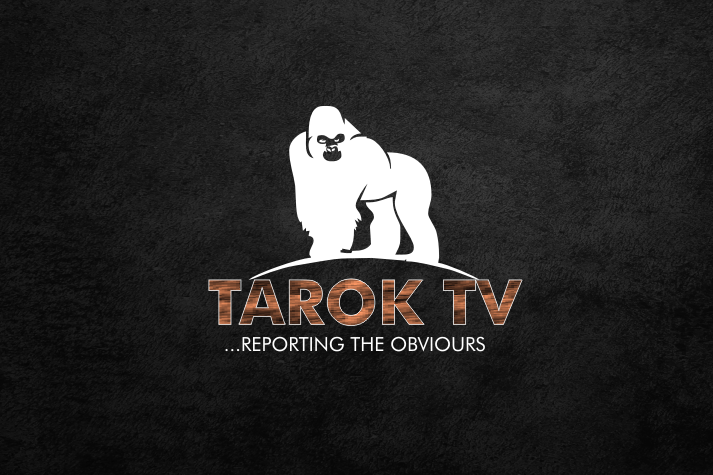
About Admin - Admin
TarokTv, ...Reporting the obvious.
Contact
Phone number: 07062319173
Email: [email protected]
Reach out to us with any news or article.
Latest Articles
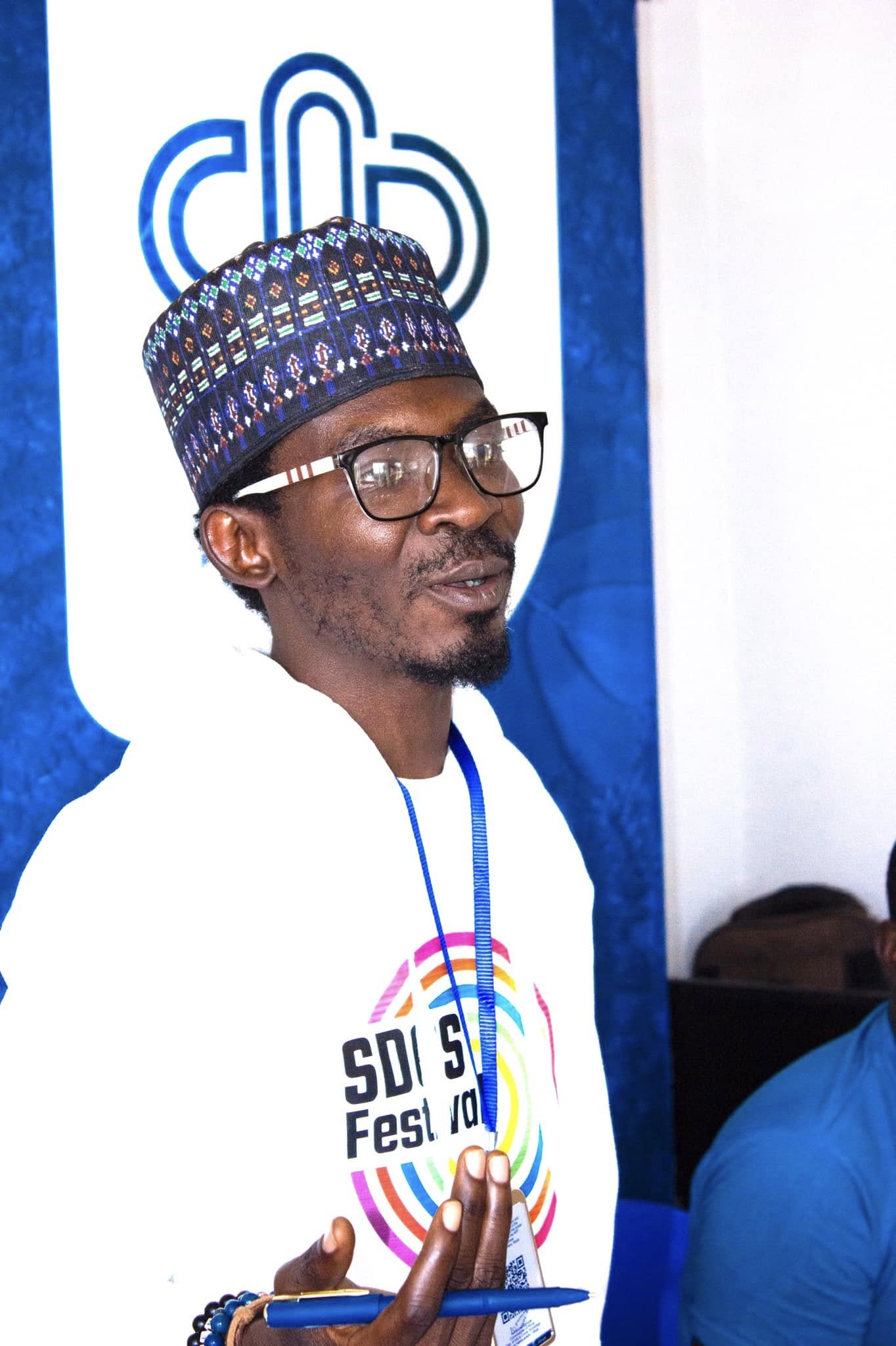
Success leaves clues, and those who seek to make a difference must study the lives of those who…
read more
Langtang, a town in Plateau State, Nigeria, is not just another dot on the map but a significant origin for…
read more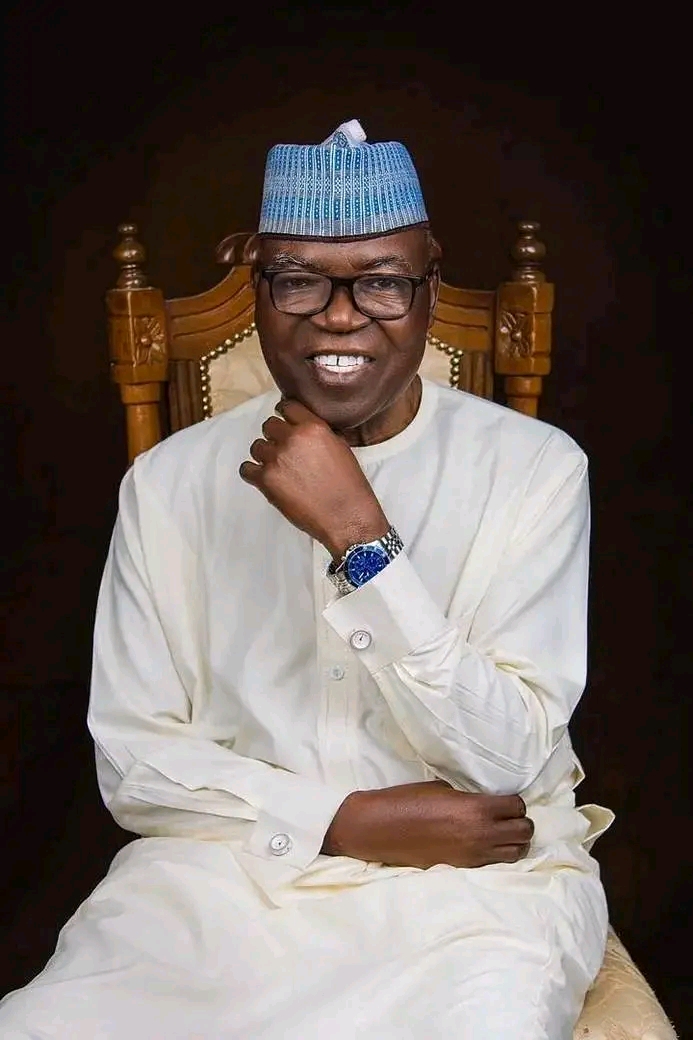
Brief Biography of Gen. (Senator) Jeremiah Timbut Useni
Early Life and Education:
Jeremiah Timbut Useni, often referred to as "Jerry Boy," was born on February 16, 1943,…
read more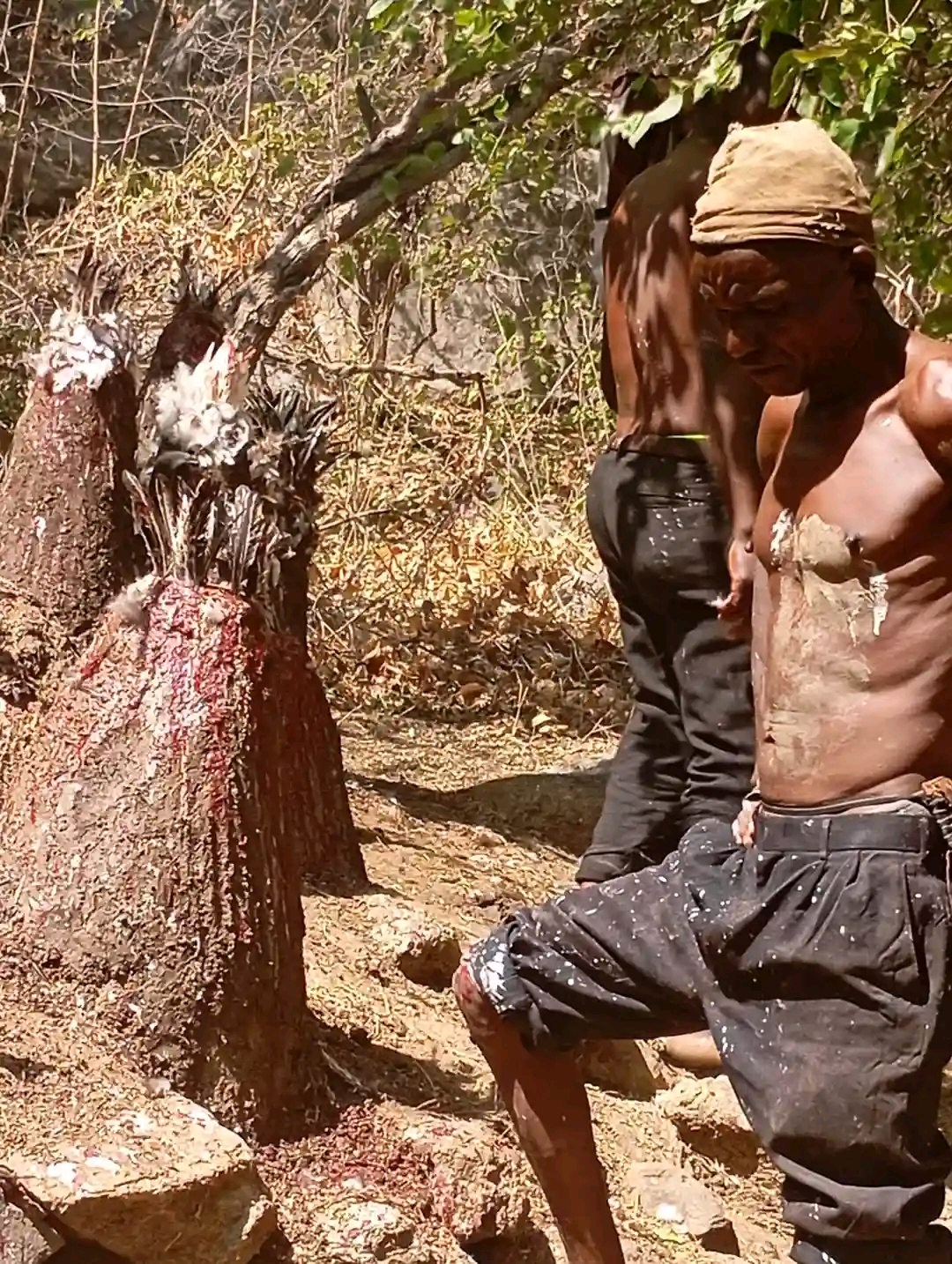
The Ibiari: A Sacred Tradition in Tarok land
The Ibiari Oga Sa festival, an annual tradition in Tarokland, was celebrated today as part of the year-end observance marking…
read more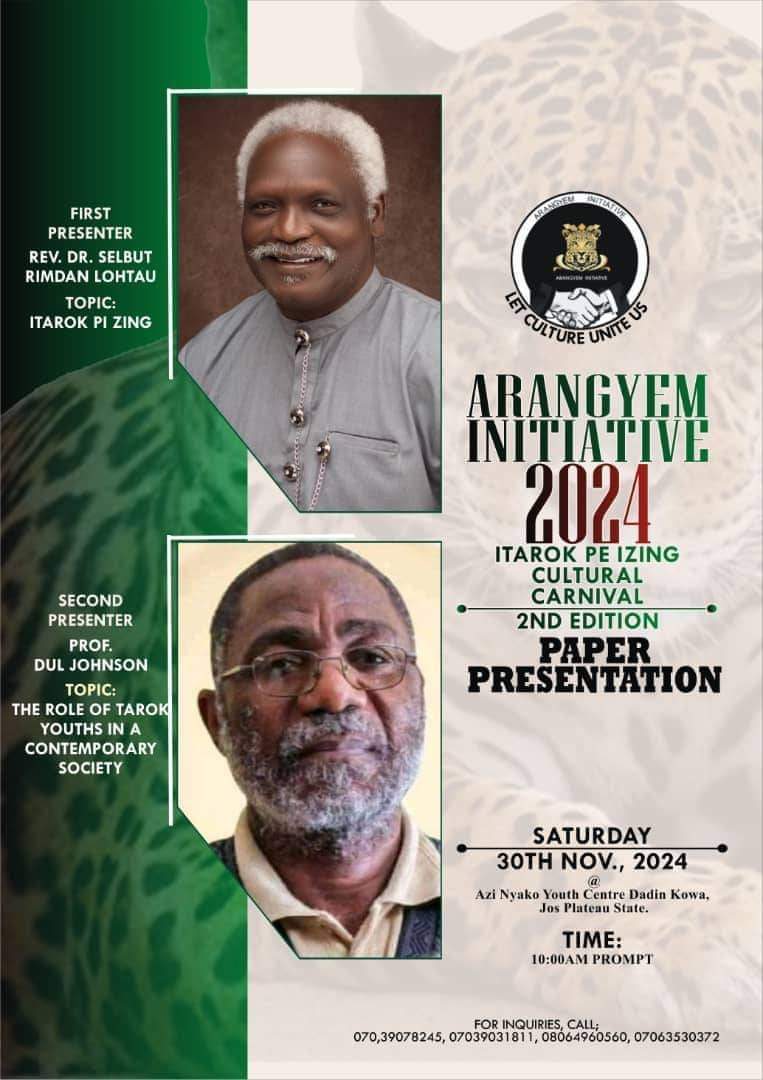
ITAROK PA IZING BY REV. DR. SELBUT LONGTAU
A PAPER PRESENTATION AT ITAROK PA IZING 2ND CARNIVAL HELD AT THE AZI NYAKO YOUTH CENTRE, JOS, 30TH NOVEMBER, 2024
… read more
TarokTv News: The Return of "Gathering of Bookworms" - A Literary Revival in Langtang North/South
TarokTv is thrilled to announce the upcoming edition of the Gathering of Bookworms, a celebrated event aimed at uniting the…
read moreLatest Albums
Recent videos
Copyright © 2020 - TarokTv designed by Taroktv Media.





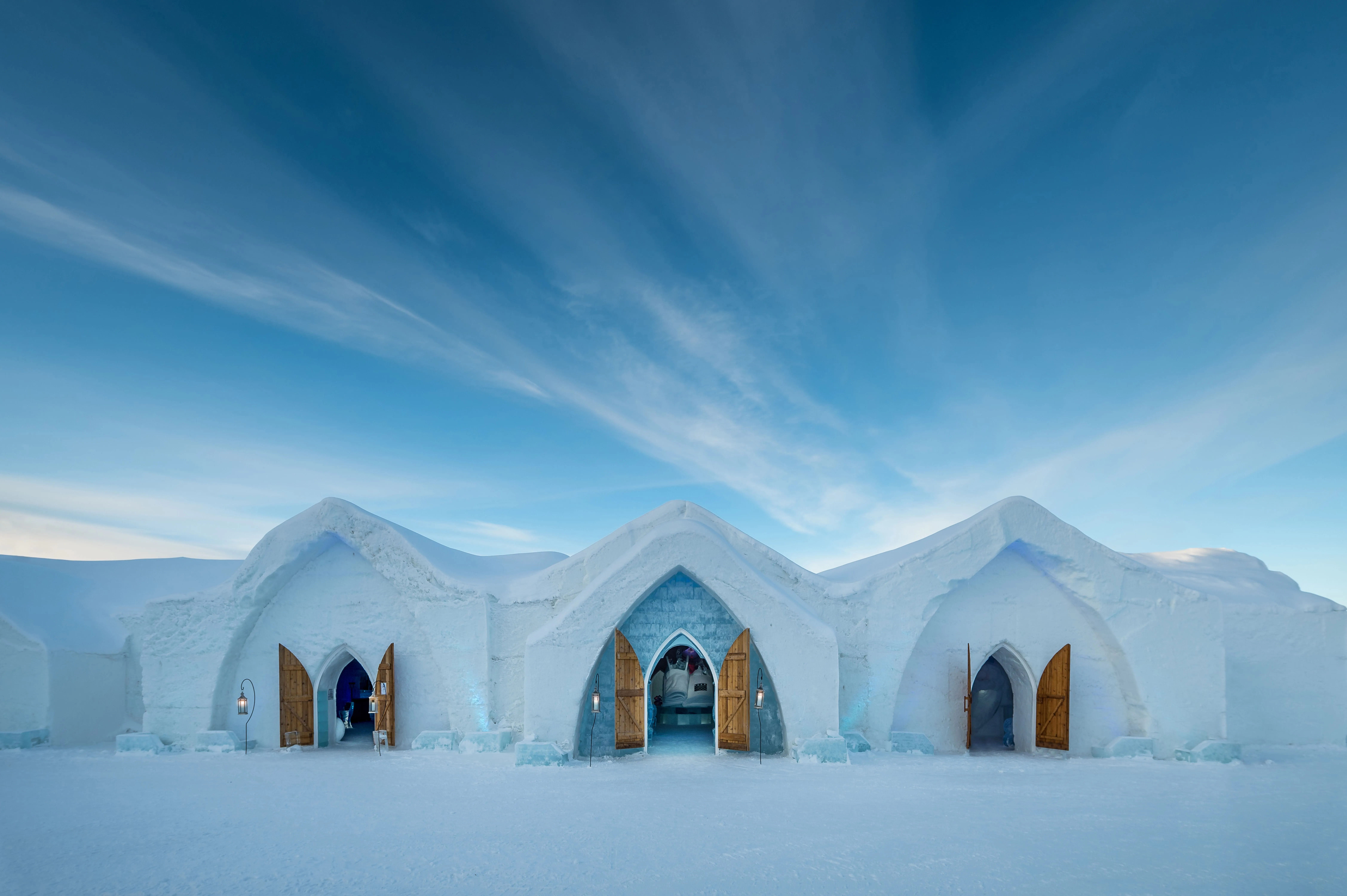


leave a comment
0 comment